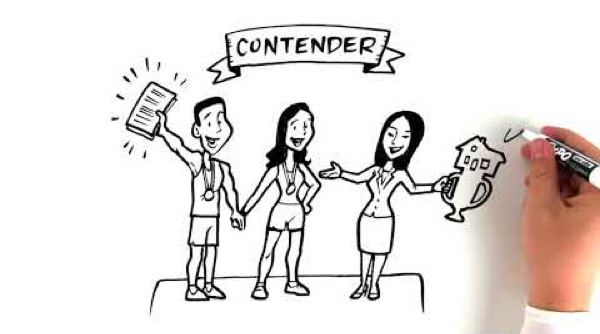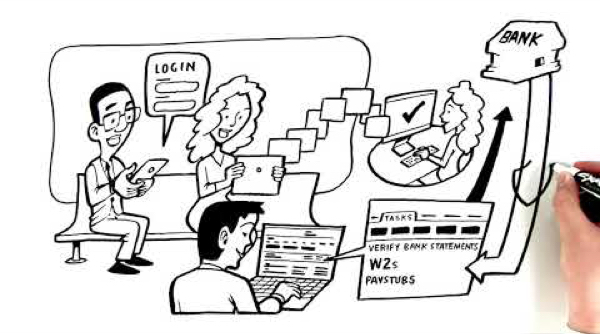Information, Please!
Get the information you need for every stage of the mortgage process, including educational videos, mortgage calculators and more!
FAQs
Your credit limit is determined by your security deposit. You can use your secured credit card like any credit card to make purchases such as gas or groceries, or for recurring phone bills, without changing your total monthly budget. And, just like a credit card, you make monthly payments of principal and interest. Some cards, like the Capital Finance Bank OpenSky® Secured Visa® Credit Card report to all three major credit bureau monthly. You can open an account for as little as $200 or up to $3,000 (subject to approval). By managing credit responsibly, you can improve your score.
An FHA loan is a government insured home loan with more flexible lending requirements than conventional mortgages. It’s available for homeowners with down payments as low as 3.5%. The lower credit score requirements may make it a good option for a first-time home buyer or a home buyer needing a lower down payment.
While mortgage insurance can be more costly than a Conventional loan, it could be a great option to get you into your first home.
There may be alternatives to providing a 20% down payment on the purchase of your home. By paying Private Mortgage Insurance (PMI) premiums with your monthly payment on a Conventional loan, the down payment requirement may be reduced to 15% down, 10% down, 5% down and in some instances for a 1st time homebuyer even as little as 3% down. Some other options include FHA insured loans which require as little as 3.5% and also have Mortgage Insurance Premiums (MIP). Veterans Administration (VA) guaranteed loans also have low down payment options. To learn about PMI check out our FAQ on Private Mortgage Insurance.
Yes, you may use your own title company or use one from our preferred provider list. The lender, nor anyone else, can require you to purchase the insurance from a particular title company for either the lender’s coverage title insurance or the optional owner’s coverage title insurance. The title insurance and coverage must meet the lender requirements, though for the lender’s coverage.
Yes. Your lender will want to be sure the property has a clear title and will require a Lender’s Coverage Title Insurance policy. It is optional to purchase an Owner’s Coverage Title Insurance policy to protect yourself from threats to your title and ownership that may have gone undiscovered at the time of closing.
You always have the option to buy down the interest rate by paying discount points.
The interest rate is the cost you will pay to borrow the money for a mortgage. It does not include fees or other charges you may pay to obtain the mortgage.
The Annual Percentage Rate (APR) is the total cost of the loan, other charges or fees and is calculated by spreading the upfront costs over the life of the loan and expressing this as a percentage of the loan amount that you pay each year.
The APR reflects not only the interest rate but also any points, mortgage origination fees, and other charges that you pay to get the loan.
A pre-qualification is a letter provided to a buyer from a loan officer. It is intended to provide an indication of the mortgage the buyer might qualify for.
A pre-approval letter from a lender, however, is a letter that indicates a conditional commitment to lend. There are always conditions for things not done yet like an appraisal or title work, and possibly conditions related to things a buyer still needs to provide. But it allows the loan originator to firmly state that the buyer qualifies for a specific mortgage amount, provided all conditions are eventually met and, based on an underwriter’s review of their financial information, including their credit report, pay stubs, bank statement, salary, assets and obligations which is documentation provided by the buyer.






